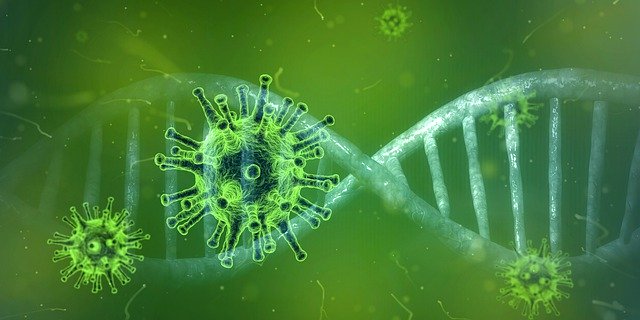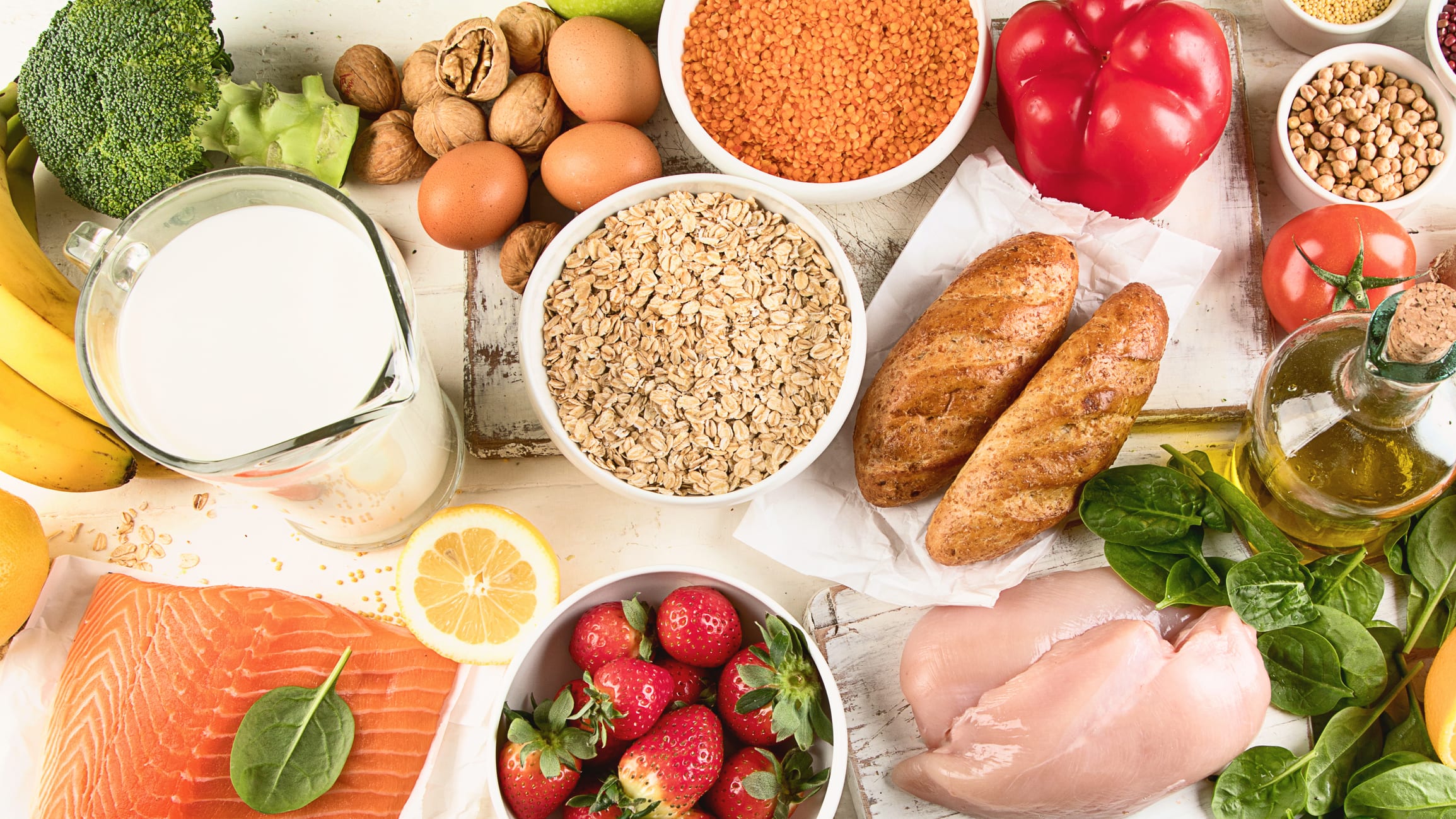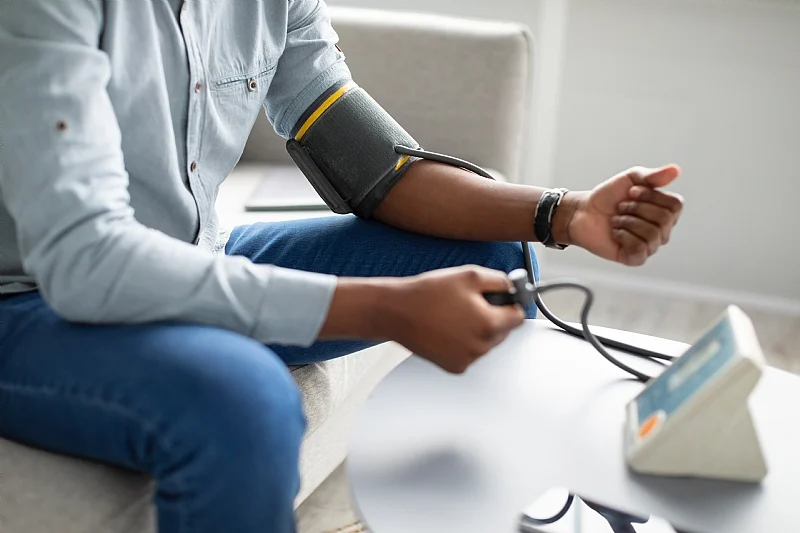Many of you may have heard of “fatty liver.” Fatty liver disease (steatosis) means you have extra fat in your liver. Nonalcoholic fatty liver disease (NAFLD) and type 2 diabetes (T2DM) often coexist with diabetes aggravating the progression of simple fatty liver to a more advanced form called nonalcoholic steatohepatitis (NASH). There are two forms...





